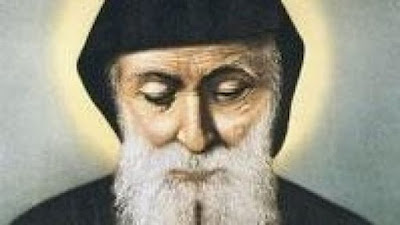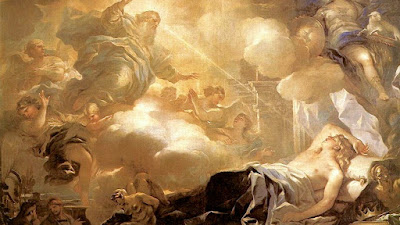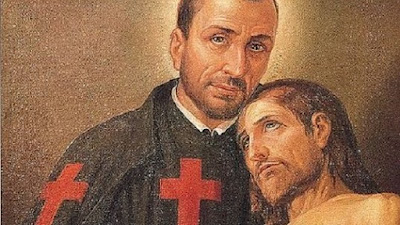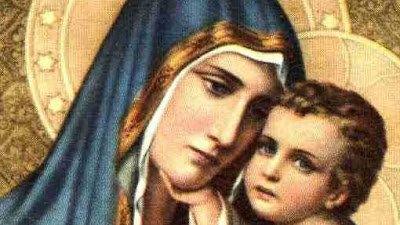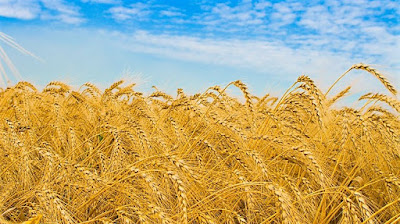St. James the Greater, Apostle, "Son of Thunder"
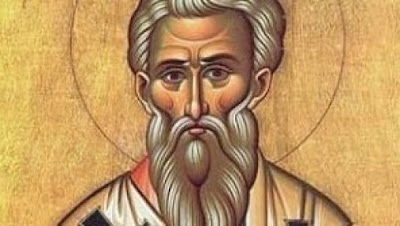
July 25th, the Catholic Church celebrates the Feast of Saint James the Greater, the Apostle and martyr. Both his parents, Zebedee and Salome were people of affluence and well-respected. His father was a fisherman of the Lake of Galilee, who lived in or near Bethsaida, perhaps in Capharnaum who had several hired men in his employ. His mother was one of the pious women referenced by Scripture who followed Christ and “ministered unto Him of their substance.” James is called “the Greater” to distinguish him from the Apostle James “the Less,” who was probably shorter of stature. We know little of St. James’s early life. He was the eldest brother of John, the beloved disciple. According to the social rank of their parents, they were certainly men of ordinary education, in the common walks of Jewish life. They had opportunity of coming in contact with Greek culture and language which flourished on the shores of the Galilean Sea. The Galilean origin of St. James in part explains the ene
